Prince Harry’s visit to London this week, to celebrate the tenth anniversary of the Invictus Games, was largely overshadowed by the news that his father was “too busy” to see his errant younger son. This may have been despite or perhaps because of the King’s more active public profile thanks to his positive response to his cancer treatment.
If the Duke of Sussex was in any way hurt or offended by the snub, he has given no public sign of it. Instead, he has headed down to Nigeria on a seventy-two-hour whistle-stop tour to promote his and Meghan’s work on mental health charities, as well as meeting members of the country’s armed forces. Husband and wife were reunited at the appropriately named VIP Windsor Suite at Heathrow, and headed down to Abuja. Here Harry seized the opportunity to enlighten pupils at a school partially funded by the couple’s Archewell Foundation with a heartfelt speech about suffering and grief.
It is hard not to feel that this tour of Nigeria is intended as a deliberate riposte to Harry’s family
Addressing the students of Lightway Academy, Harry declared that “in some cases around the world, in more than you would believe, there is a stigma when it comes to mental health. Too many people don’t want to talk about it, because it’s invisible — something in your mind that you can’t see. It’s not like a broken leg, it’s not like a broken wrist, it’s something we are still relatively unsure of.” Warming to his theme, he declared, “Every single person in this room — the youngest, the oldest — every single person has mental health. So therefore you have to look after yourselves to be able to look after other people, and other people have to be able to look after themselves to be able to look after you. That’s the way it works.”
He concluded: “So if you take anything away from today, just know that mental health affects every single person.” Certainly, Harry’s themes in all of his public interviews of late have revolved around the fragility of his own psyche, and how his mother’s death in 1997 has caused irreversible harm that he has struggled to come to terms with all his adult life. Few would struggle to feel sympathy towards him. Yet it is hard not to feel that this tour of Nigeria — a royal tour by any other name — is also intended, in its own way, as a deliberate riposte to his family. “I can go off and use my name and reputation to freelance about issues and concerns that really matter,” Harry seems to be implying; “anyone can cut a ribbon or accept a patronage, but I’m actually out there, making a difference, just as my mother did before me.”
The idea that the Duke of Sussex is going to become a global ambassador for change and make the world a better place, however commendable, sits uneasily with the knowledge that his wife has just launched a lifestyle brand that has sent an expensive kind of jelly into the world as its first product. There is no doubt that Harry’s engagement with mental health issues is sincere, just as his work with the Invictus Games represents a valuable correlative to the figure who pops up in the High Court at every opportunity. Yet it is hard for me to take his noble intentions as seriously as they would otherwise deserve when the suspicion remains that this visit is as much a PR opportunity for Brand Sussex as it is a genuine statement of outreach. The next announcement of a new Netflix show, or similar promotional opportunity, can only be a matter of weeks away at this rate.
This article was originally published on The Spectator’s UK website



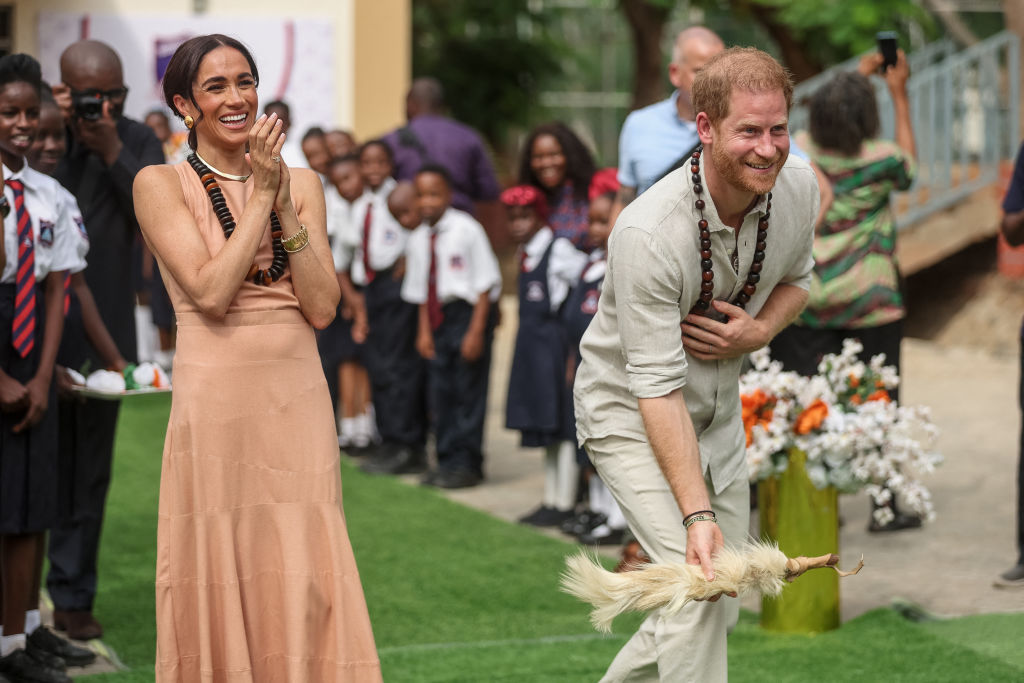






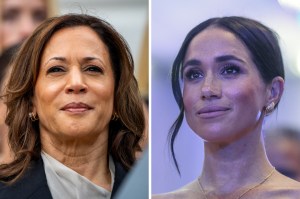
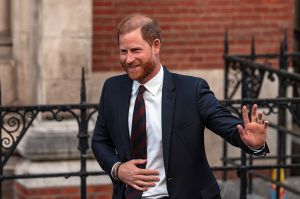


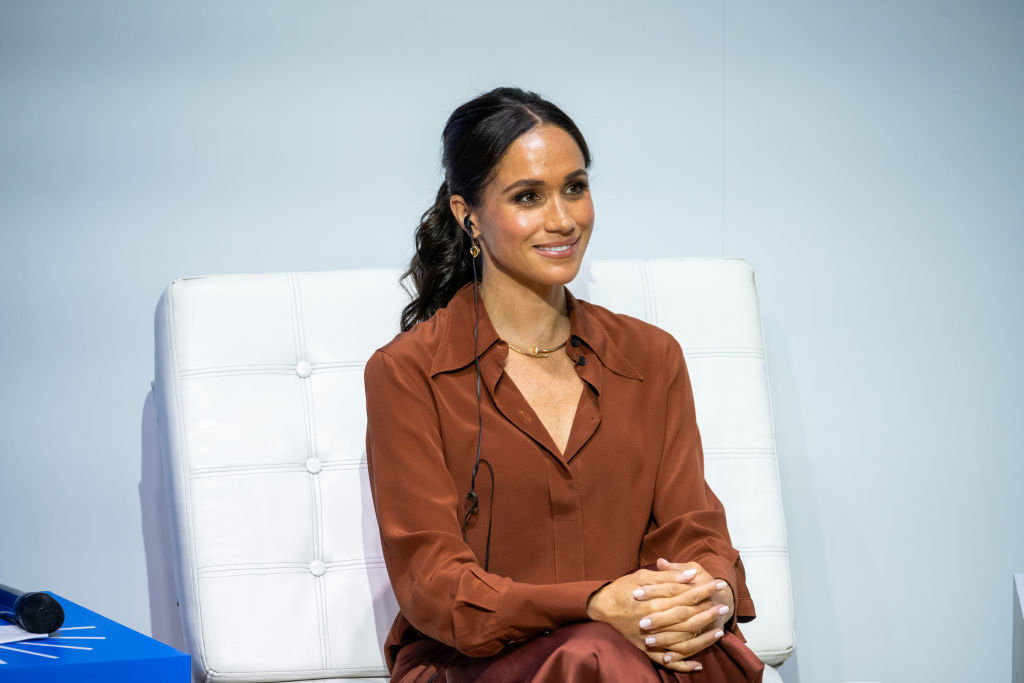



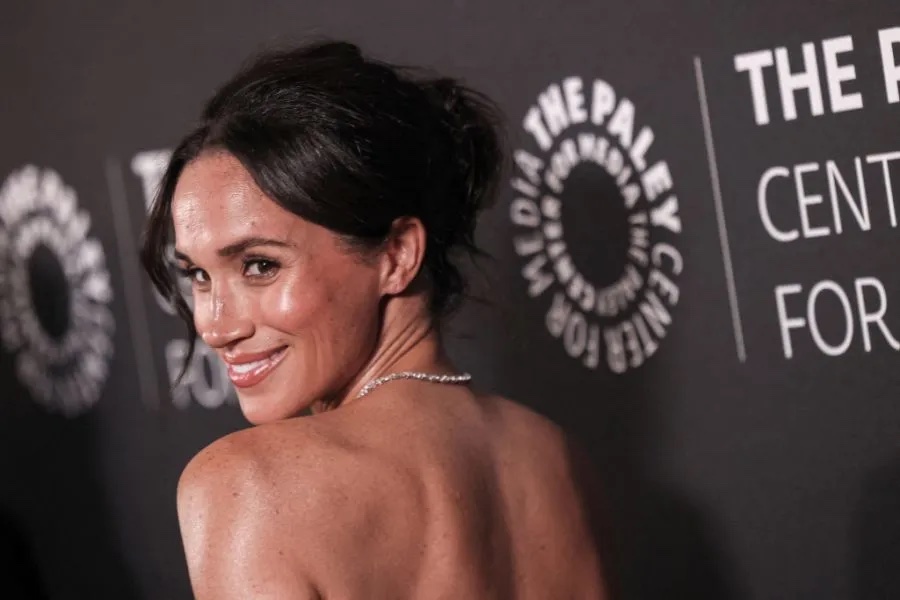







Leave a Reply